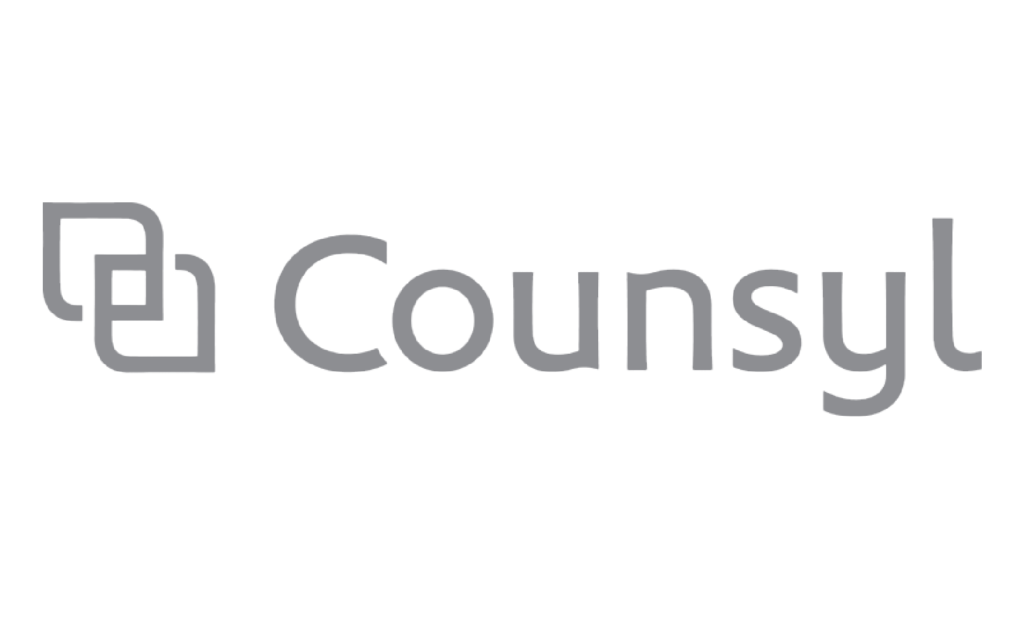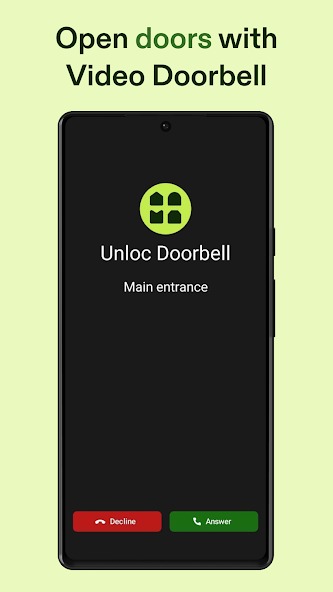IOT APP DEVELOPMENT
- Custom IoT App Development
- User-Centric UI/UX Design for IoT Applications
- Real-Time Performance & Connectivity Optimization
- Conversion & Engagement Optimization for IoT Apps
Get in Touch with Our Experts
We at DBM offer a wide range of IoT development services that can easily fit your needs. We carry rich technical skills and broad experience in IoT software development. Therefore if you are in a need of IoT services then we can assure you of appropriate results.
We understand the benefits of IoT and help you to attain for your business. But before beginning, we undergo the entire requirement and serve you the results right according to your requirements. In this way, you can easily come up to support your business needs.
With IoT, businesses can easily leverage endless opportunities to grow. This means you have ample benefits when you reach experts. If you want to upgrade your business with IoT services then with us it becomes easier, simpler and even cost-effective.








IOT APP DEVELOPMENT SERVICES
IoT Consulting
- IoT Strategy Development
- Device Selection and Integration
- Data Management and Analytics
- Connectivity Solutions
- Security Assessment
- Scalability Planning
- Prototyping and Testing
- Regulatory Compliance Advisory
App Development
- Mobile App Development
- Web App Development
- Custom IoT Application Design
- Cross-Platform Compatibility
- User Interface (UI) Design
- Real-time Data Visualization
- Integration with IoT Devices
- Quality Assurance and Testing
Testing
- Functionality Testing
- Compatibility Testing
- Security Testing
- Performance Testing
- Usability Testing
- Connectivity Testing
- Load Testing
- Regression Testing
Data Analytics
- Data Collection
- Data Processing
- Data Storage
- Real-time Analytics
- Predictive Analytics
- Data Visualization
- Anomaly Detection
- Reporting and Insights
Integration
- Multi-Currency Support
- Secure Private Keys
- User-Friendly Interface
- Transaction History Tracking
- QR Code Scanning
- Two-Factor Authentication (2FA)
- Backup and Recovery Options
- Integration with Exchange Platforms
Extension
- Firmware Extensions
- Mobile App Extensions
- Cloud Service Extensions
- Network Protocol Extensions
- Device Compatibility Extensions
- Data Storage Extensions
- Third-Party Service Extensions
- Security Extensions
Need IOT DEVELOPMENT SERVICES
Innovate with mobile app solutions with us, reach us to get started
BENEFITS OF
IoT development Services
Unlocking Efficiency: Unveiling the Game-Changing Advantages of Android App Development
01
IoT solutions optimize processes, automate tasks, and improve operational efficiency by connecting and controlling devices and systems remotely.
02
Data-driven Insights
IoT generates vast amounts of data that can be analyzed to gain valuable insights into user behavior, equipment performance, and business operations, enabling informed decision-making.
03
Cost Savings
In Android apps development, fast loading speed is paramount for user satisfaction. Optimized coding, efficient resource utilization, and streamlined content delivery contribute to swift app loading. Prioritizing speed ensures a seamless user experience, reducing bounce rates and enhancing overall app performance and user engagement.
04
Payment Integration
Payment integration in Android apps development is crucial for seamless transactions. Implementing secure and user-friendly payment gateways ensures a smooth purchasing experience. From in-app purchases to e-commerce transactions, robust payment integration facilitates convenience, builds trust, and enhances the overall functionality of Android apps, promoting user satisfaction.
Why choose Digital Brain Media?
Get a Free Quote
Innovate with mobile app solutions with us, reach us to get started
TECHNOLOGIES WE FOCUS ON

Python

Zephyr

PYTHON

WebSocket

AWS IoT Core

FreeRTOS
CASE STUDIES
OPTIMIZE YOUR BUSINESS PROCESSES
Innovate with mobile app solutions with us, reach us to get started
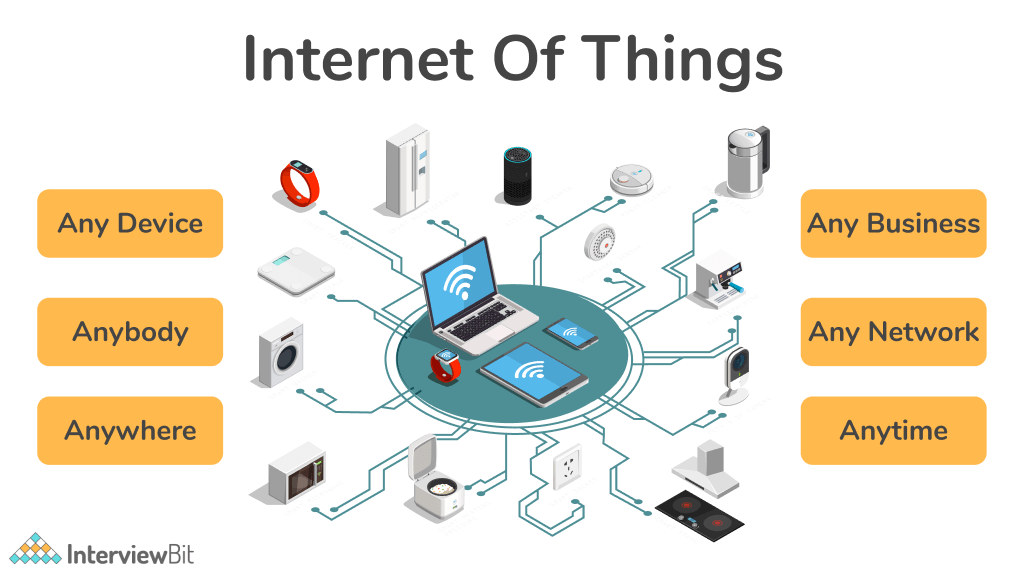
Operational Efficiency
IoT enables businesses to collect and analyze real-time data from connected devices and sensors. This data can be used to optimize operations, improve resource utilization, and reduce downtime.
Enhanced Customer Experiences
IoT devices can provide businesses with valuable insights into customer behavior and preferences. This information can be used to personalize products and services, leading to more meaningful and tailored customer experiences.
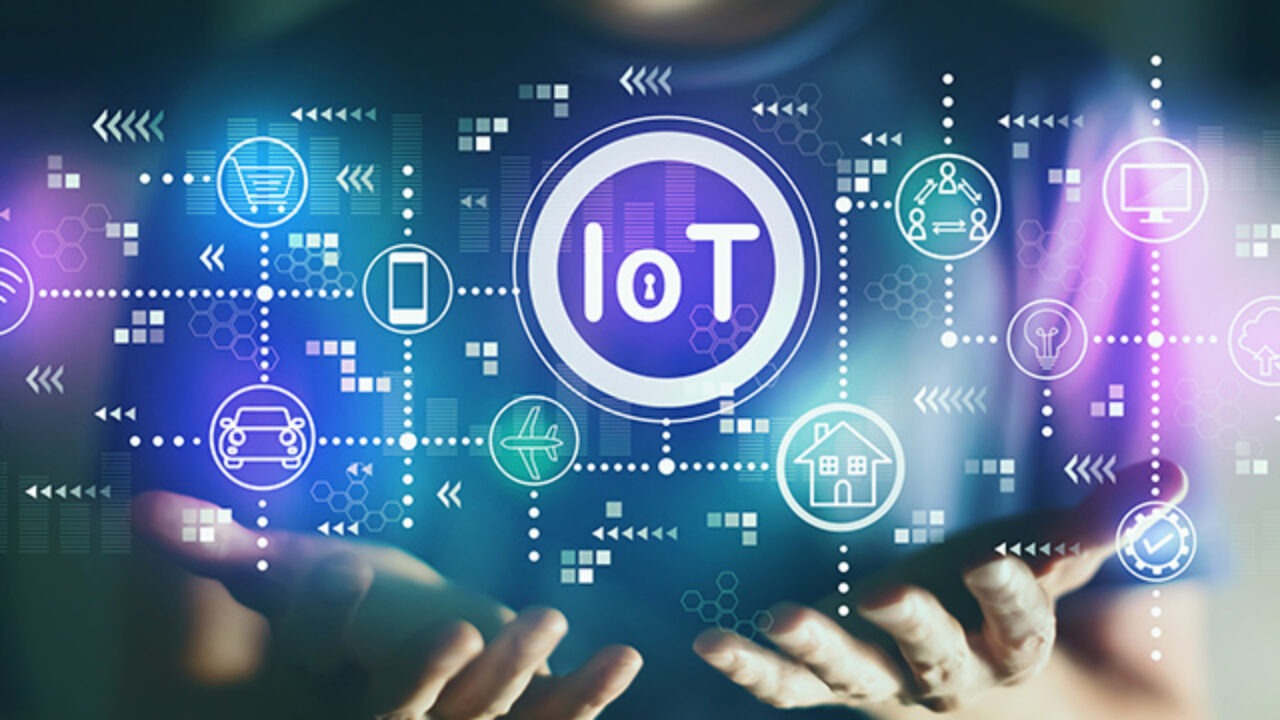
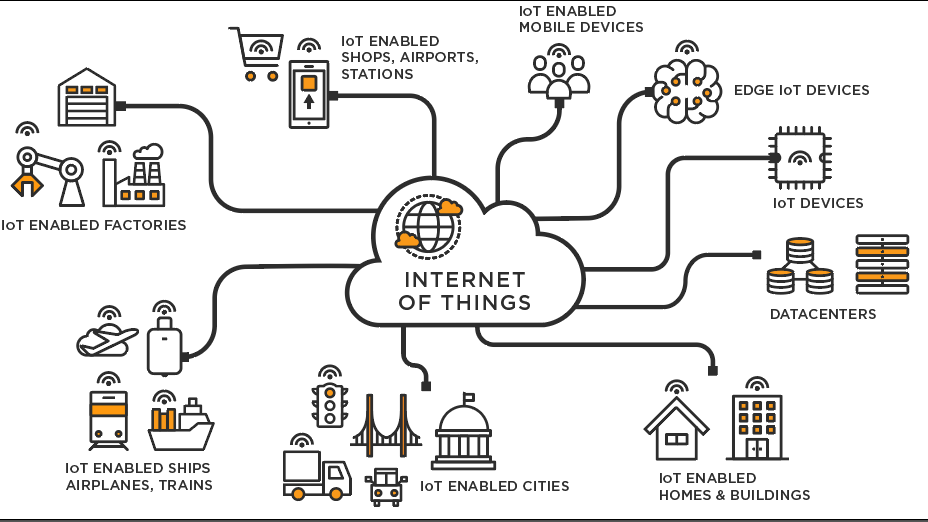
New Revenue Streams
IoT opens up opportunities for businesses to create new revenue streams through innovative products and services. By connecting previously unconnected objects, companies can offer subscription-based services, data analytics, and remote monitoring solutions.
FAQ
IoT technology is used in various applications, including smart homes, industrial automation, healthcare monitoring, environmental monitoring, agriculture, smart cities, and asset tracking, among others.
IoT development involves hardware and software integration, including designing and developing firmware for IoT devices, creating backend systems for data processing, and ensuring secure and efficient communication between devices and the cloud.
An IoT system typically includes IoT devices (sensors and actuators), connectivity options (Wi-Fi, Bluetooth, cellular, etc.), a data processing platform (cloud or edge), and user interfaces (web or mobile apps).
IoT security measures include device authentication, data encryption, secure APIs, regular firmware updates, access control, and monitoring for suspicious activities to protect against cyber threats.
Common programming languages for IoT development include C, C++, Python, JavaScript, and Java. IoT development often involves the use of embedded systems, communication protocols (like MQTT and CoAP), and cloud platforms.
Yes, we ensure that IoT solutions can be integrated with existing systems through APIs and data connectors. Compatibility and interoperability considerations are essential to ensure seamless integration.
Challenges include device management, scalability, security, and interoperability. These challenges can be addressed through proper planning, standardized protocols, and robust development practices.
The development process includes defining requirements, hardware design and development, firmware development, cloud infrastructure setup, data integration, testing, deployment, and ongoing maintenance and updates.


